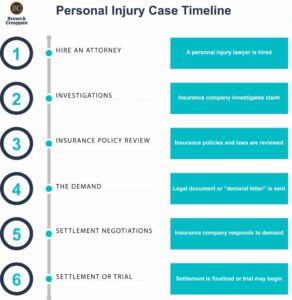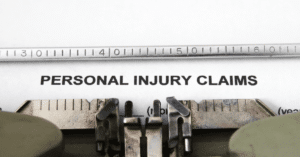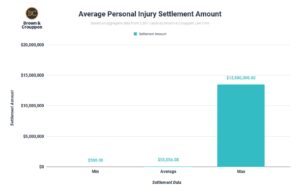You have been called to jury duty! Many people have questions about how this sudden obligation is going to upend their routine as well as questions about the process itself. While most perceive it as a nuisance at best, serving as a juror is one of the most important ways to participate in the democratic process. Your fellow citizens look to jurors to ensure their fair and equal access to the courts system, as well as fair and equal access to justice.
QUESTION 1: WHY AM I REQUIRED TO SERVE?
In the Declaration of Independence, Thomas Jefferson cited the fact that citizens of the 13 Colonies had been deprived of the benefits of Trial by Jury as one of the injustices perpetrated by King George. The right to Trial by Jury is fundamental to our continued success as a democratic nation. It ensures that citizens have the same rights as large corporations, insurance companies and equal access to the courts. Imagine for just one moment, being put on trial without a jury.
QUESTION 2: WHY ME?
You do not need any special education, degree or legal training to be a juror. The judges, plaintiffs, defendants and lawyers are looking for people who can objectively hear the evidence and apply the law as it is written to the evidence heard during trial. They are looking for jurors who are honest, open-minded, and willing to do the job despite their personal opinions, biases or prejudices. It is important that jurors ensure the person criminally accused or the person seeking civil restitution for wrongdoing receives their constitutionally protected right to a fair and impartial jury. And, as a United States citizen, are there many things more important than defending our constitutional Rights?
QUESTION 3: DOES ANYONE ACTUALLY WANT TO SERVE ON A JURY?
Yes, they absolutely do! I have talked to many prospective jurors and those that served on a jury. They generally enjoy the process and want to do all they can to fully participate. That said, the perception that there is low participation is born from the jury selection process, also called voir dire.
Voir dire requires back and forth conversation between the lawyers and potential jurors. Why do lawyers and judges ask so many jury selection questions? To ensure they are finding the best potential jurors for the case and evidence that will be before the jury. Because we all have our own life experiences, certain biases and judgments make certain people better fitted to certain cases. It can be intimidating at first, but the more people participate in that back and forth conversation, the more jury panels report enjoying the experience.
QUESTION 4: AM I TOO BIASED TO BE A JUROR?
Biases are important for obvious reasons. However, potential jurors are almost always aware of certain biases they hold. On the occasions a juror may not immediately understand that a personal bias or preconceived idea may exist, lawyers then explain it and illustrate bias with certain universal examples.
Even then, jurors must decide if they can set aside those biases once they are identified and apply the evidence to the law as it is instructed to the jury by the Judge.
QUESTION 5: IF I’M PUT ON A JURY, CAN I LOSE MY JOB?
You cannot lose your job for participating in the jury duty process. State and Federal laws ensure you cannot be fired for missing work for serving on a jury selection panel, or if chosen, a jury. Some employers include paid time off for serving in the jury duty process. Even if your employer does not pay you for jury duty, you are entitled to take a leave of absence from work to serve on a jury, without any consequences.
QUESTION 6: WHAT HAPPENS IF I DON’T SHOW UP?
It’s possible you may be thinking about ignoring your summons if it’s come at an inconvenient time. Doing so can result in serious consequences. A failure to respond to a jury duty summons can lead to an arrest warrant, fine or other legal consequence. That said, if you have an emergency or other extenuating circumstance that will prohibit you from serving, reach out to the Court from where you received the summons. There are proper channels and under certain circumstances a judge can excuse jury and/or postpone jury duty.








